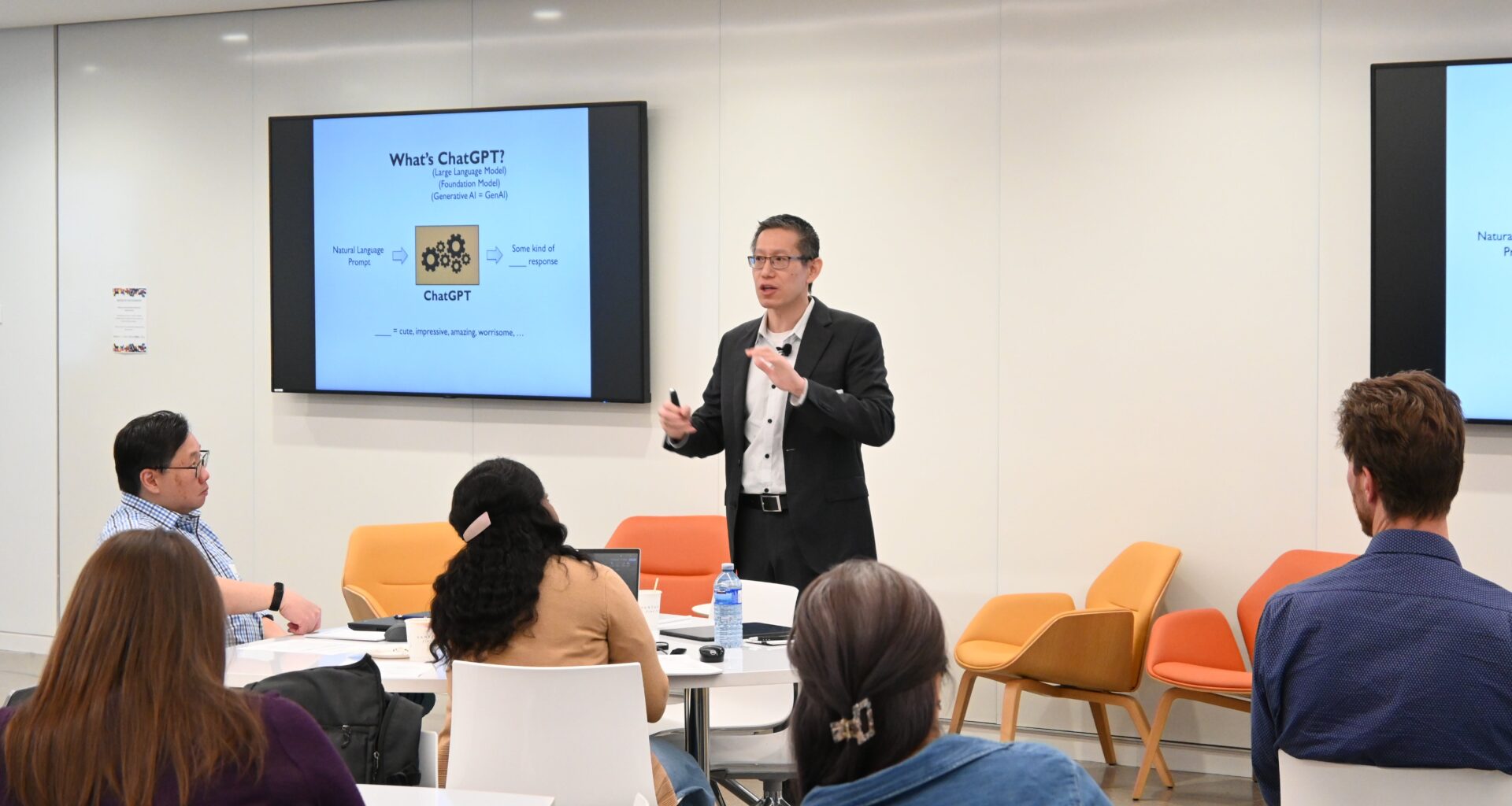Is it possible for a University of Waterloo professor to successfully bridge academic research and industry innovation, especially in the rapidly evolving world of artificial intelligence (AI)? The answer, it turns out, is Yupp.
Dr. Jimmy Lin is a professor of computer science and David R. Cheriton Chair in Software Systems, as well as co-director of the Waterloo Data & Artificial Intelligence Institute. He is also the chief scientist at Yupp, an AI startup that launched last month with more than $33 million in seed funding, led by the veteran investor Chris Dixon at Andreessen Horowitz (a16z).
Yupp allows users to check out and compare more than 600 different AIs such as ChatGPT, Gemini, Claude, Grok, and DeepSeek for free, and in turn helps their creators improve the quality of their products. The company came out of “stealth” about a month ago with the ambition of tackling the challenges of robust and trustworthy AI evaluation. Although Yupp is still quite early, Lin and his team have already evaluated several recent AI models, including Grok-4 (from xAI) and Gemini 2.5 Flash-Lite (Google’s latest offering), revealing strong user preferences for speed.
While Yupp is based in Mountain View, California, Lin is running a Waterloo office focused on research out of the Communitech hub with the help of a few intrepid co-op students.
For Lin, the relationship between industry and academia is a mutually enriching one. Lin’s goal is to align the research of his group at the University of Waterloo with his work at Yupp, putting into practice this mutual exchange of knowledge to the benefit of both.
“I find great satisfaction in translating innovations from the lab into the real world and achieving broad impact,” he says. “Real-world use cases are almost always different from what you imagine in the lab. And that knowledge can be distilled to further inform your research.”
This isn’t Lin’s first foray into industry; from 2010 to 2012, he took an extended sabbatical to work at the then-fledgling Twitter (now renamed X), and since 2022 he’s also served as the chief scientist at the Waterloo-based AI company Primal, which develops trustworthy enterprise-grade AI solutions.
He loves working at the University of Waterloo for the quality of its students as well as the consistent focus on entrepreneurship. “If the world doesn’t care about what you’re working on, maybe it’s not that interesting to begin with,” he argues. “To me, real-world impact is the ultimate validator of research.”
Empowering partnership
Lin’s achievements, while impressive, aren’t unique. Rather, they’re the direct result of the University of Waterloo’s policy of encouraging researcher entrepreneurship.
“At Waterloo, we believe that empowering our researchers with ownership of their intellectual property fosters innovation, attracts top talent, and drives strong industry partnerships, ultimately translating research into real-world solutions,” says Scott Inwood, director of commercialization for the Office of Research at Waterloo. “Our extensive investment in campus entrepreneurial support services further enhances this ecosystem, ensuring our researchers have the resources they need to succeed.”
That investment includes providing faculty, graduate students, and post-docs with the tools they need to build successful industry partnerships. “At Waterloo, faculty aren’t just advancing research; they’re transforming it into the foundation of new companies that create real-world impact,” says John Dick, senior director of Velocity.
From bright idea to product launch, Waterloo’s innovation ecosystem is there to help researchers every step of the way. “I really think that there’s something magical about Waterloo: the combination of cutting-edge research, our world-renowned co-op program, and the pipelining between what happens in the lab and achieving real-world impact,” Lin says.

